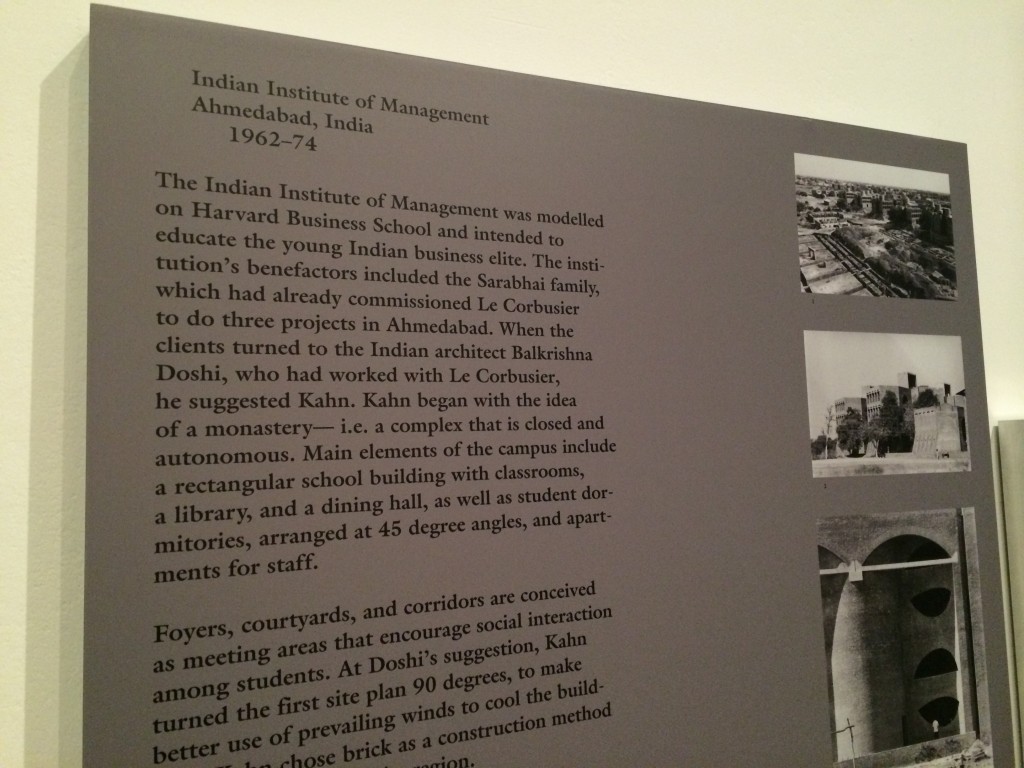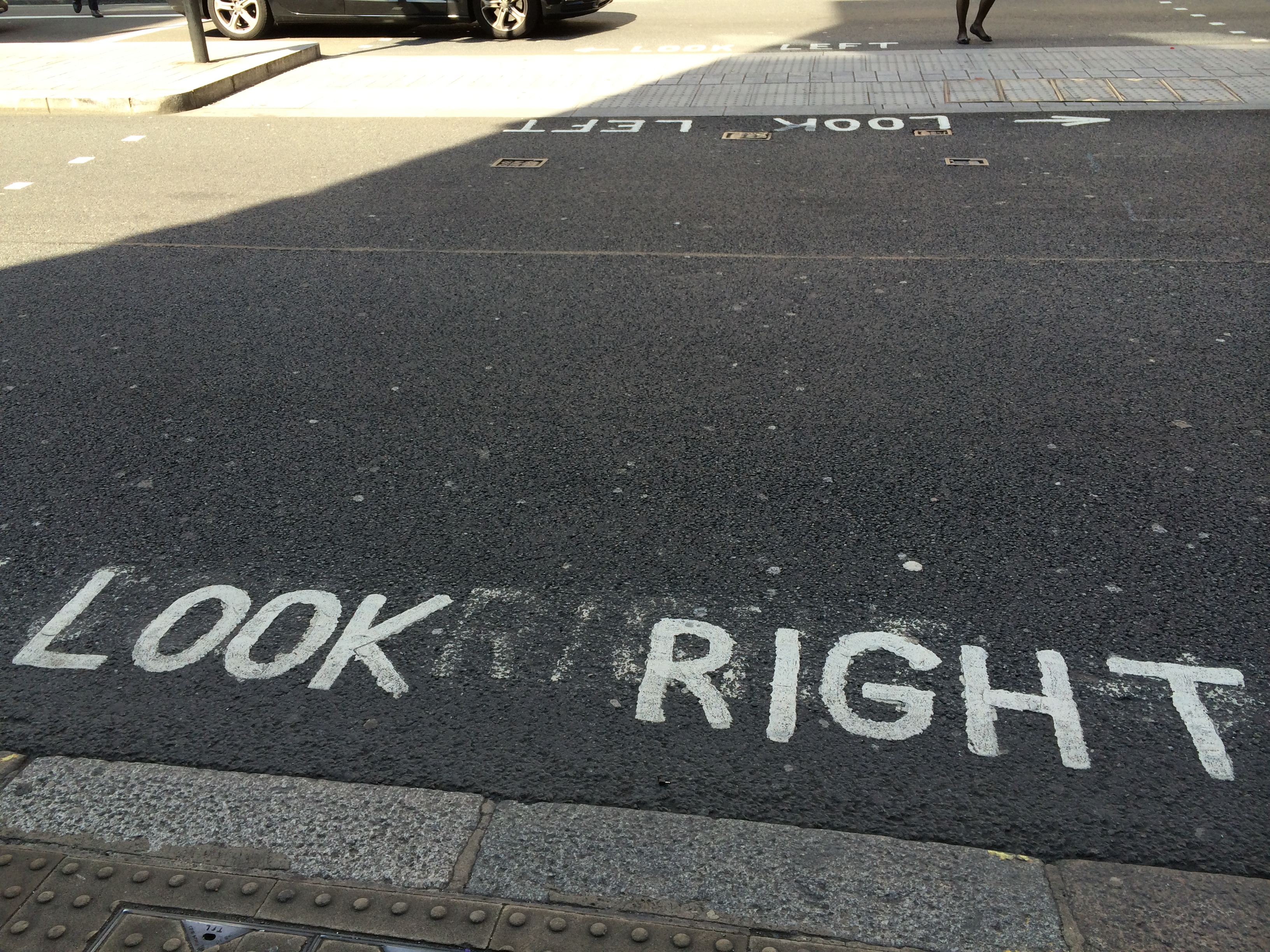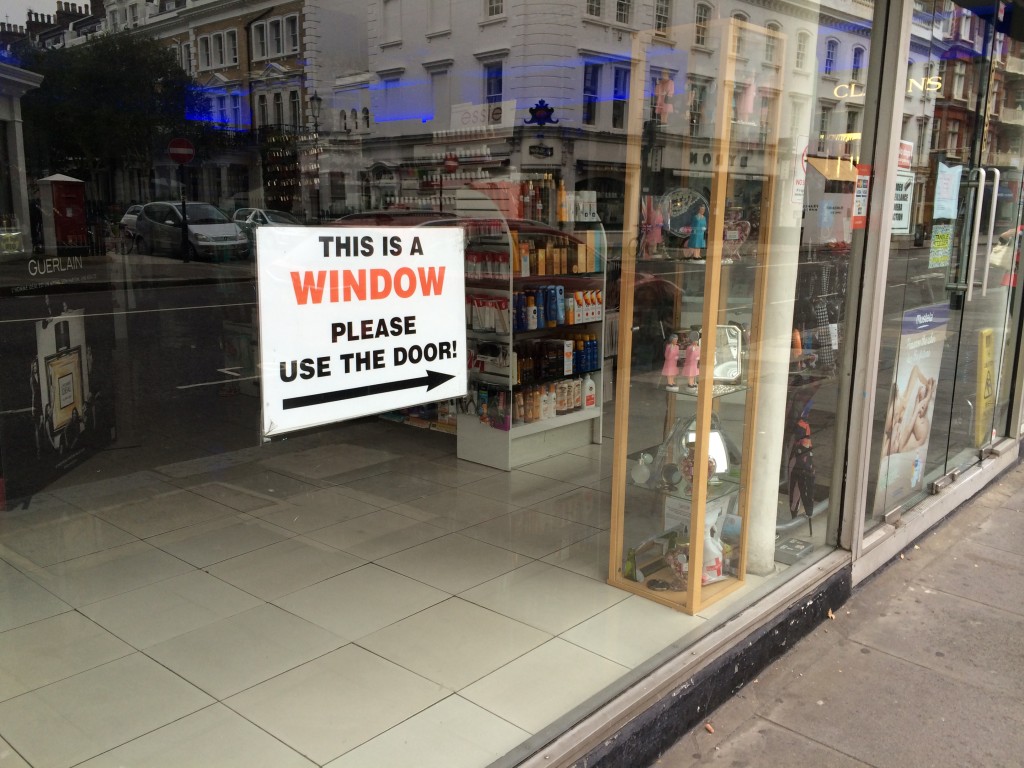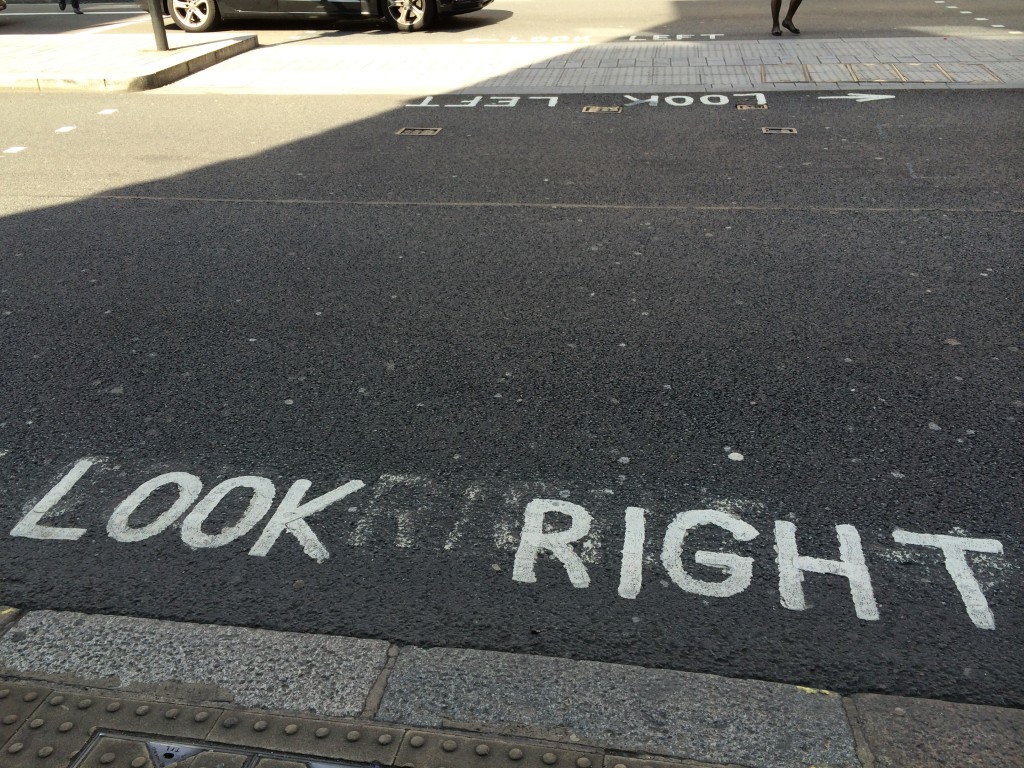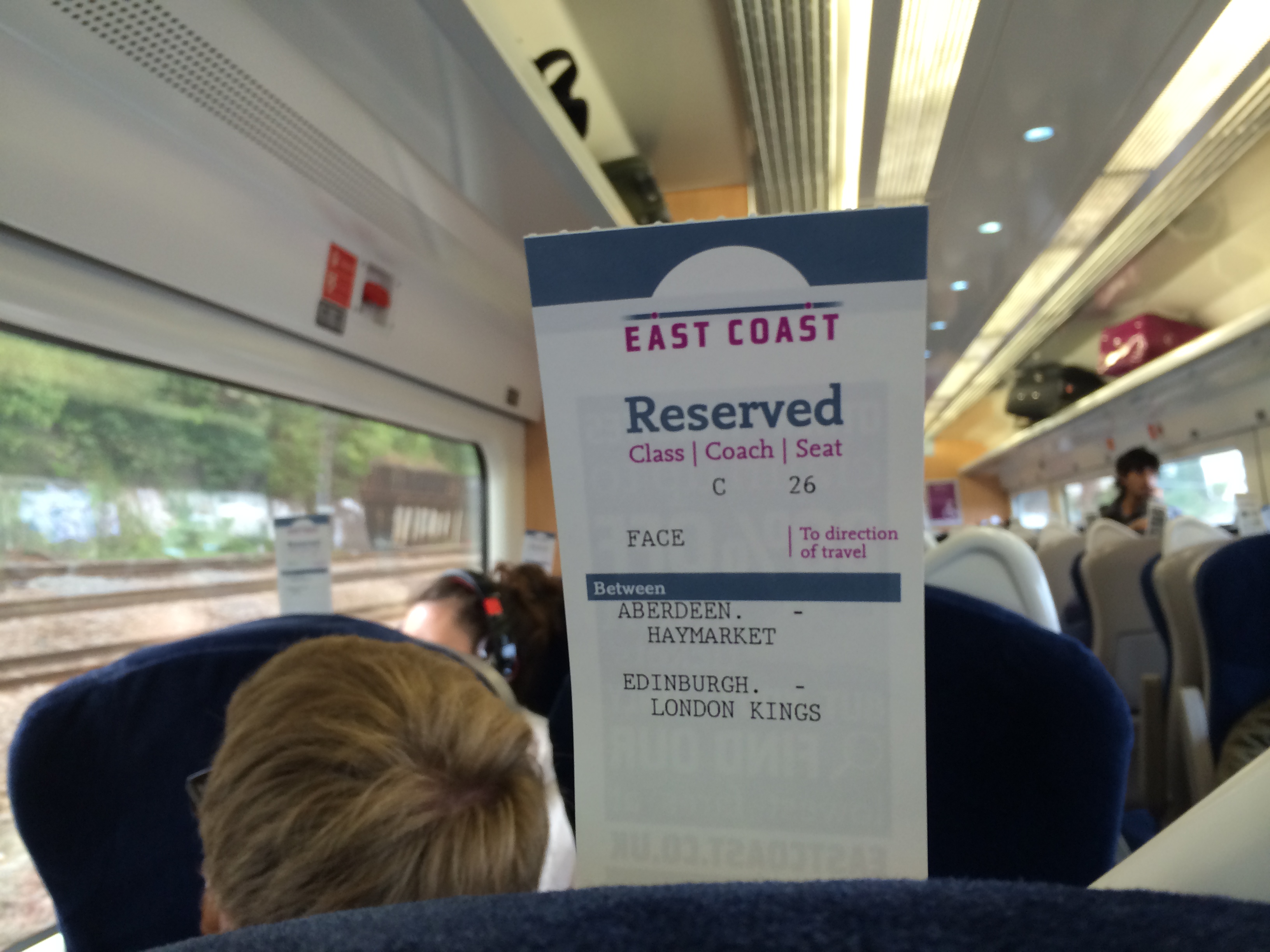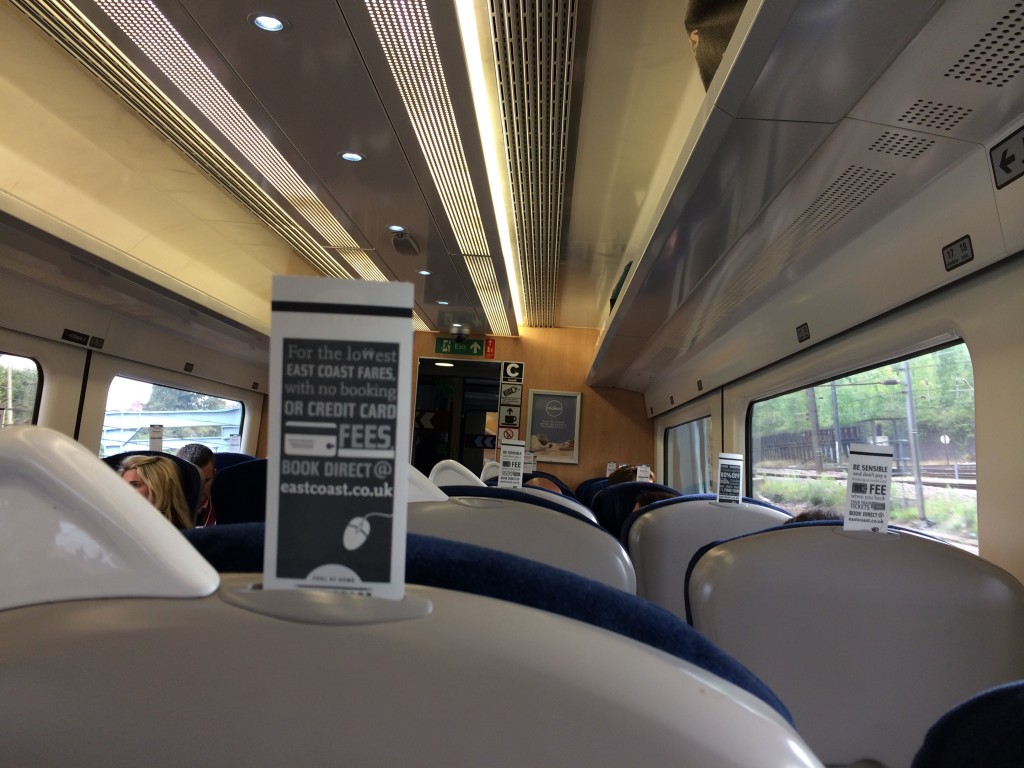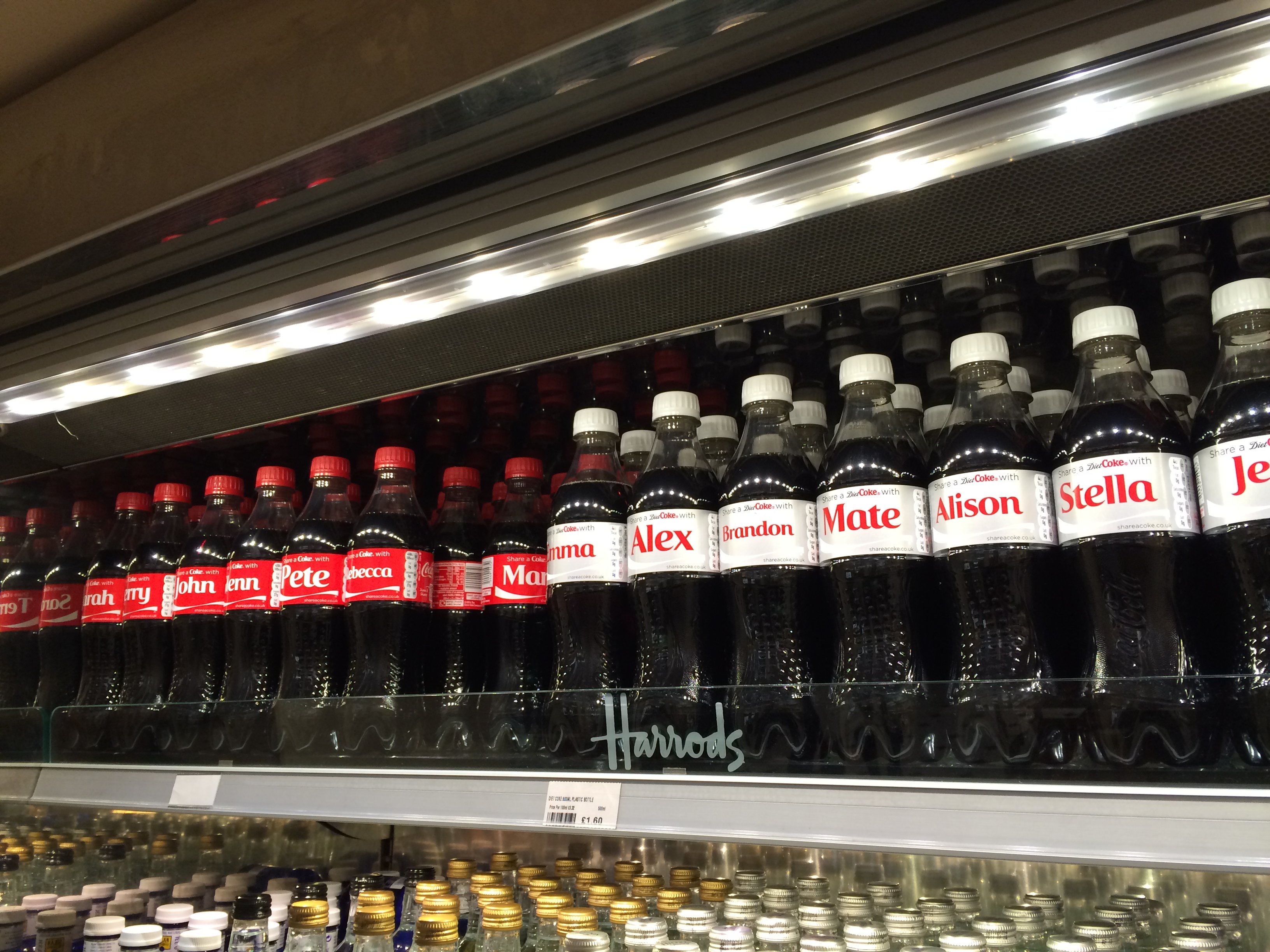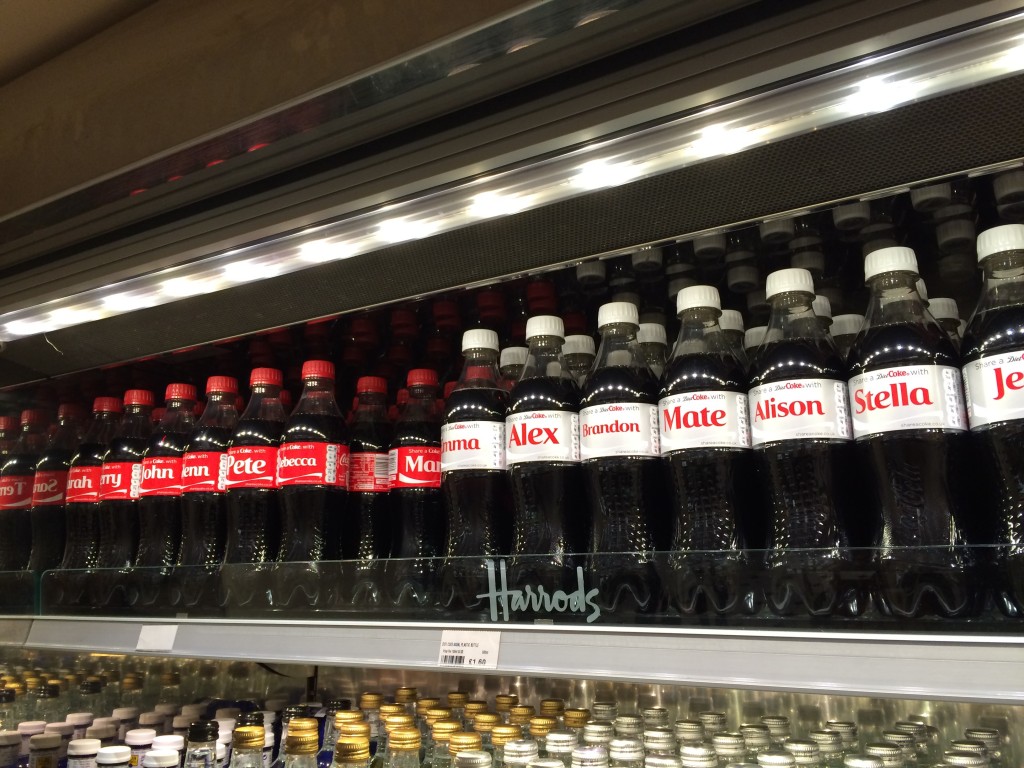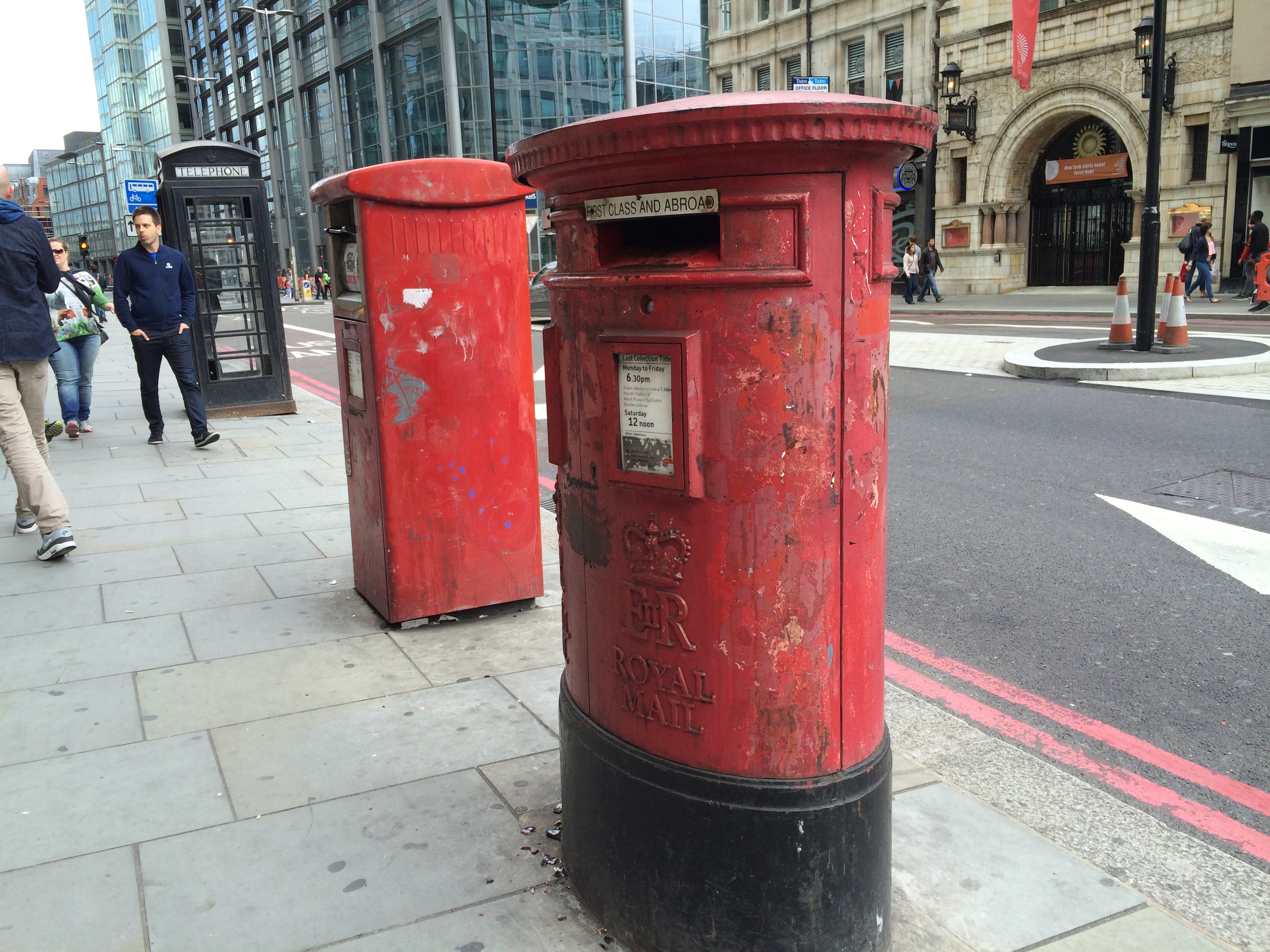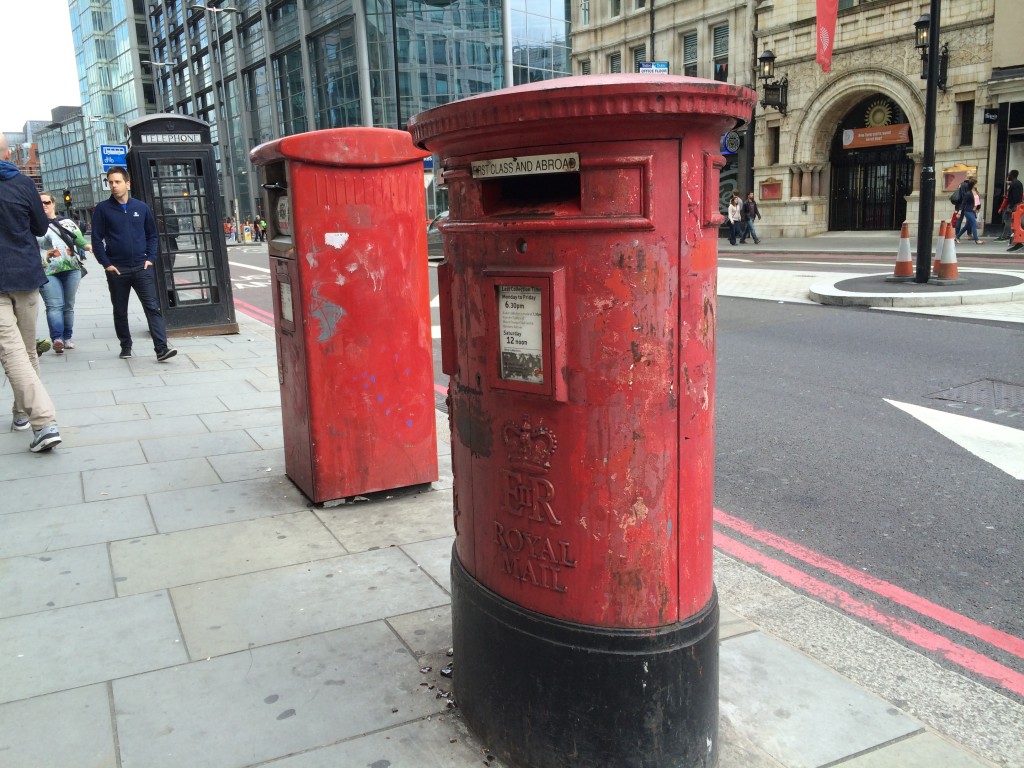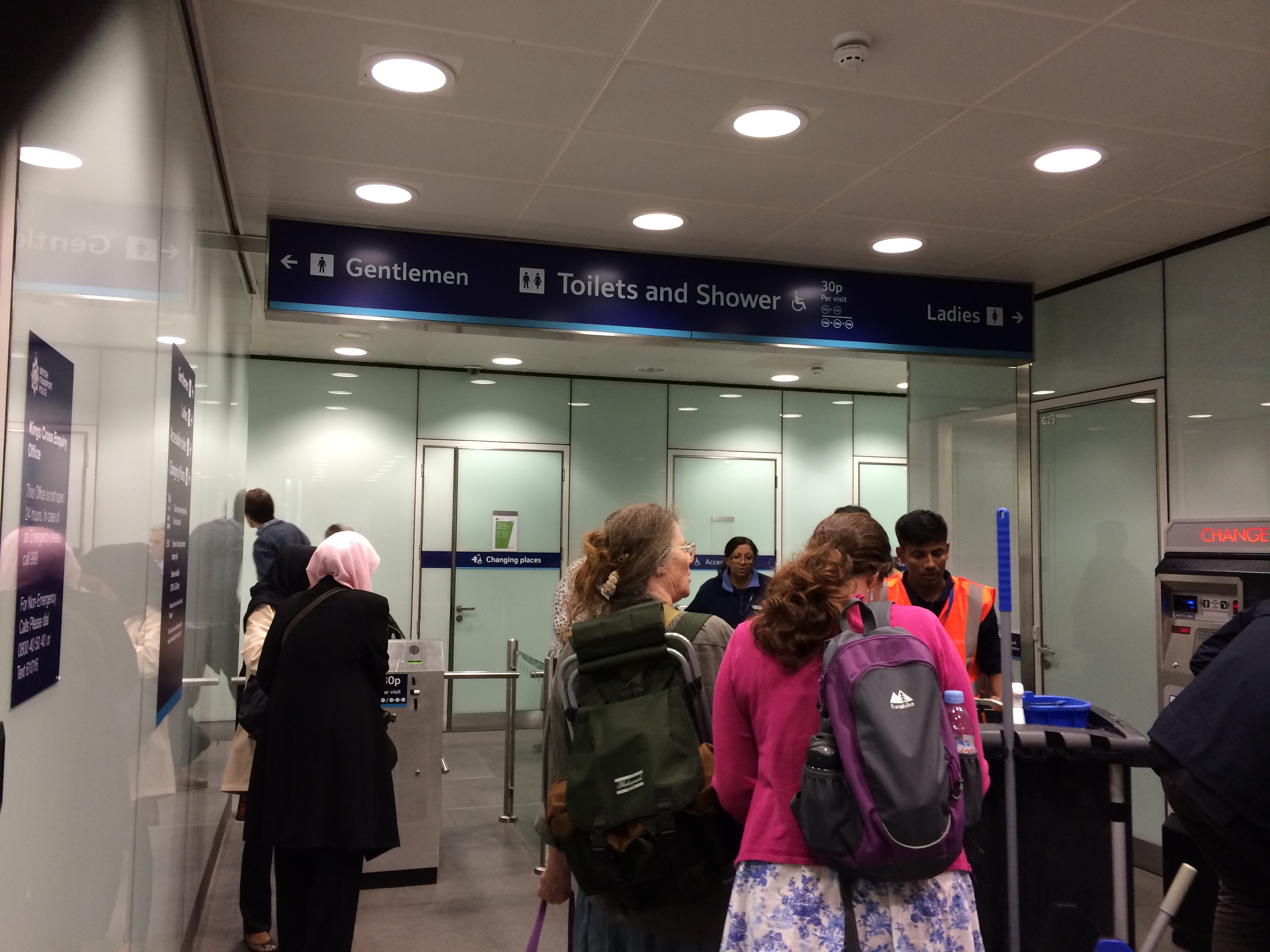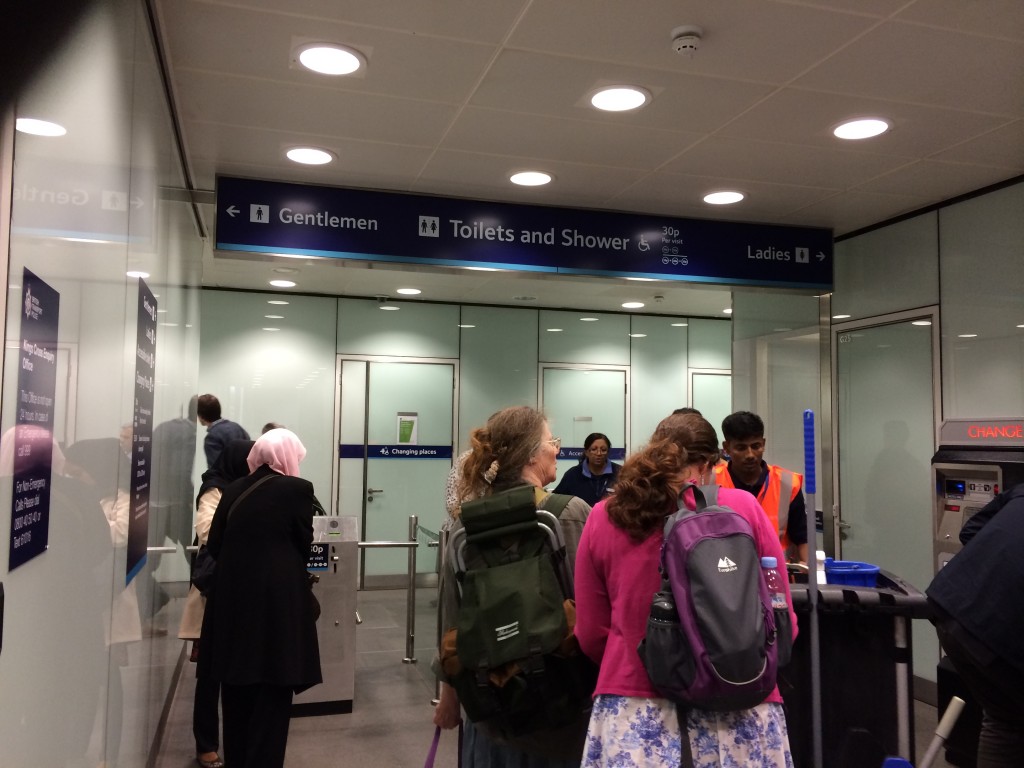Cigarette butts are the tail ends of the cigarette left over after someone has smoked it. They are under-acknowledged, but widespread, pollutants. At the Quora, someone said the following.
In fact, thanks to the fact that for decades smokers just didn’t care where they threw them, there are very likely cigarette butts in the Amazon rain forest, at the North Pole, and on the fast-disappearing Ross Ice Shelf in Antarctica. Practically the only place they are difficult to find is where they belong – in the trash bin.
To tackle this issue, various efforts have been suggested. According to Tara Rohan, for instance, posters and videos have been provided to educate people about the environmental impacts of cigarette-butt litter. Alternatively, cans have been installed in select neighborhoods. Most of these efforts aim to nudge smokers to throw cigarette butts in trash bins. Recently, I have noticed an interesting approach in London, UK.
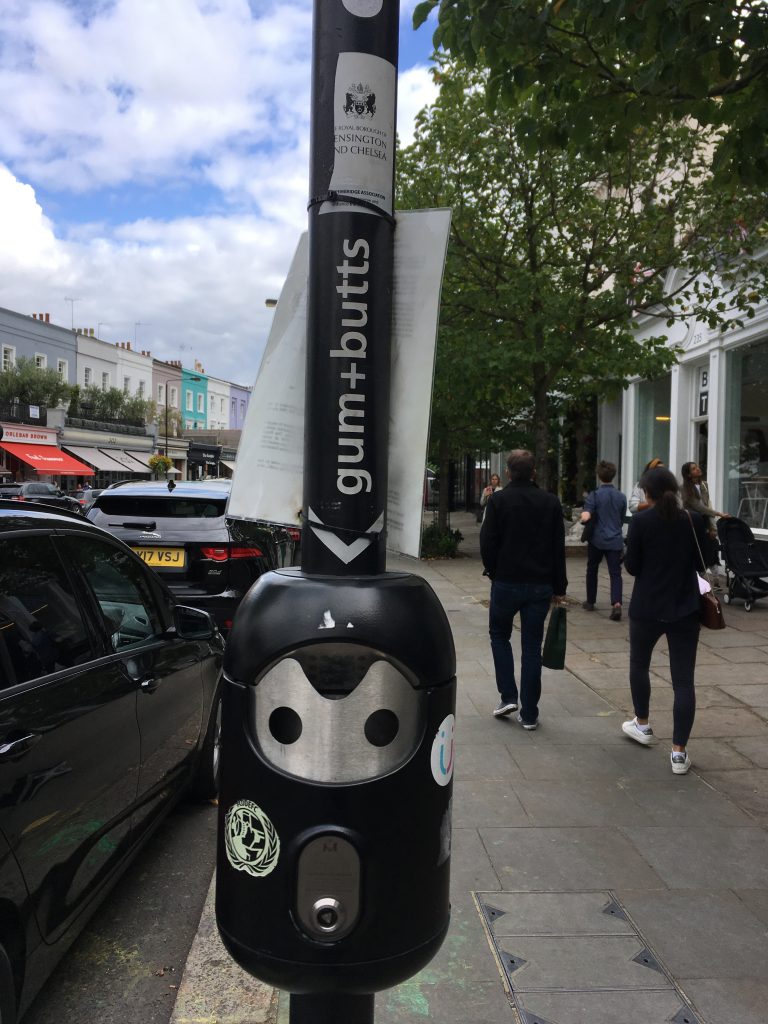
At the Portobello Road market in London, bins are installed for those who want to throw gums and cigarette butts. For an unidentified reason, these bins have baby faces. As research suggests that large, round eyes, high eyebrows, and a small chin yielded the perception of a babyish facial appearance.
Since baby face or Kindchenschema (baby schema) is “related to the vulnerable nature of a living entity, it elicits responses from adults that increase the infant’s chance of survival. These include increased attention to and protection of the helpless infant (Brosch, Sandder, and Scherer 2007; Lorenz 1943) and increased carefulness and caretaking behavior (Sherman, Haidt, and Coan 2009). (Nenkov et al. 2014, pg. 326)”
Although adding a human face to the tip jar backfires, having a baby face even contributes to the success of high-ranking Black executives. Designing cigarette bins like cute babies must be effective to collect cigarette butts. I wish similar bins are installed in other markets and cities as well to stop cigarette butt litter.
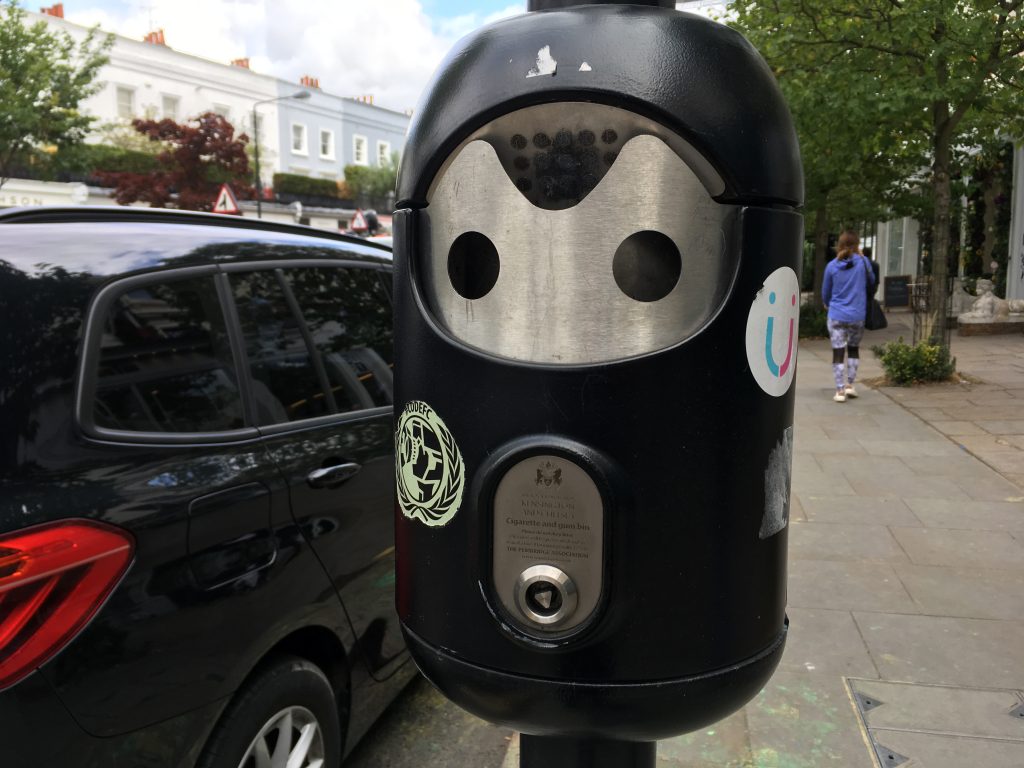
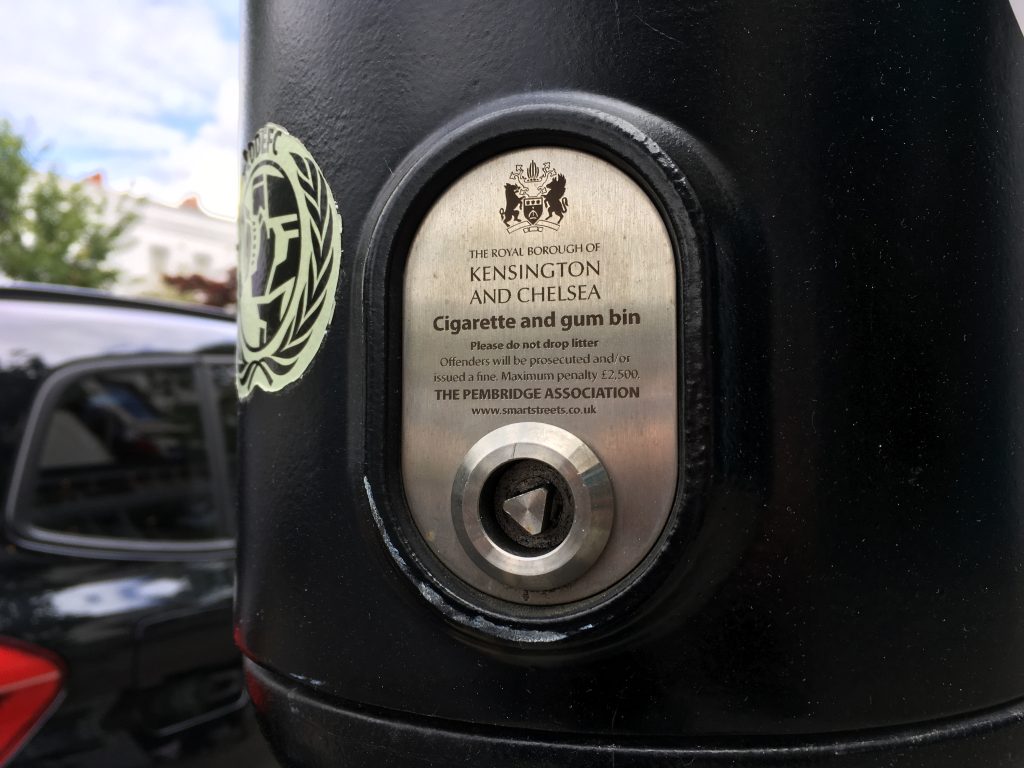
***
Reference
Livingston, R. W., & Pearce, N. A. (2009). The teddy-bear effect: Does having a baby face benefit black chief executive officers? Psychological science, 20(10), 1229-1236.
Prior research suggests that having a baby face is negatively correlated with success among White males in high positions of leadership. However, we explored the positive role of such “babyfaceness” in the success of high-ranking Black executives. Two studies revealed that Black chief executive officers (CEOs) were significantly more baby-faced than White CEOs. Black CEOs were also judged as being warmer than White CEOs, even though ordinary Blacks were rated categorically as being less warm than ordinary Whites. In addition, baby-faced Black CEOs tended to lead more prestigious corporations and earned higher salaries than mature-faced Black CEOs; these patterns did not emerge for White CEOs. Taken together, these findings suggest that babyfaceness is a disarming mechanism that facilitates the success of Black leaders by attenuating stereotypical perceptions that Blacks are threatening. Theoretical and practical implications for research on race, gender, and leadership are discussed.
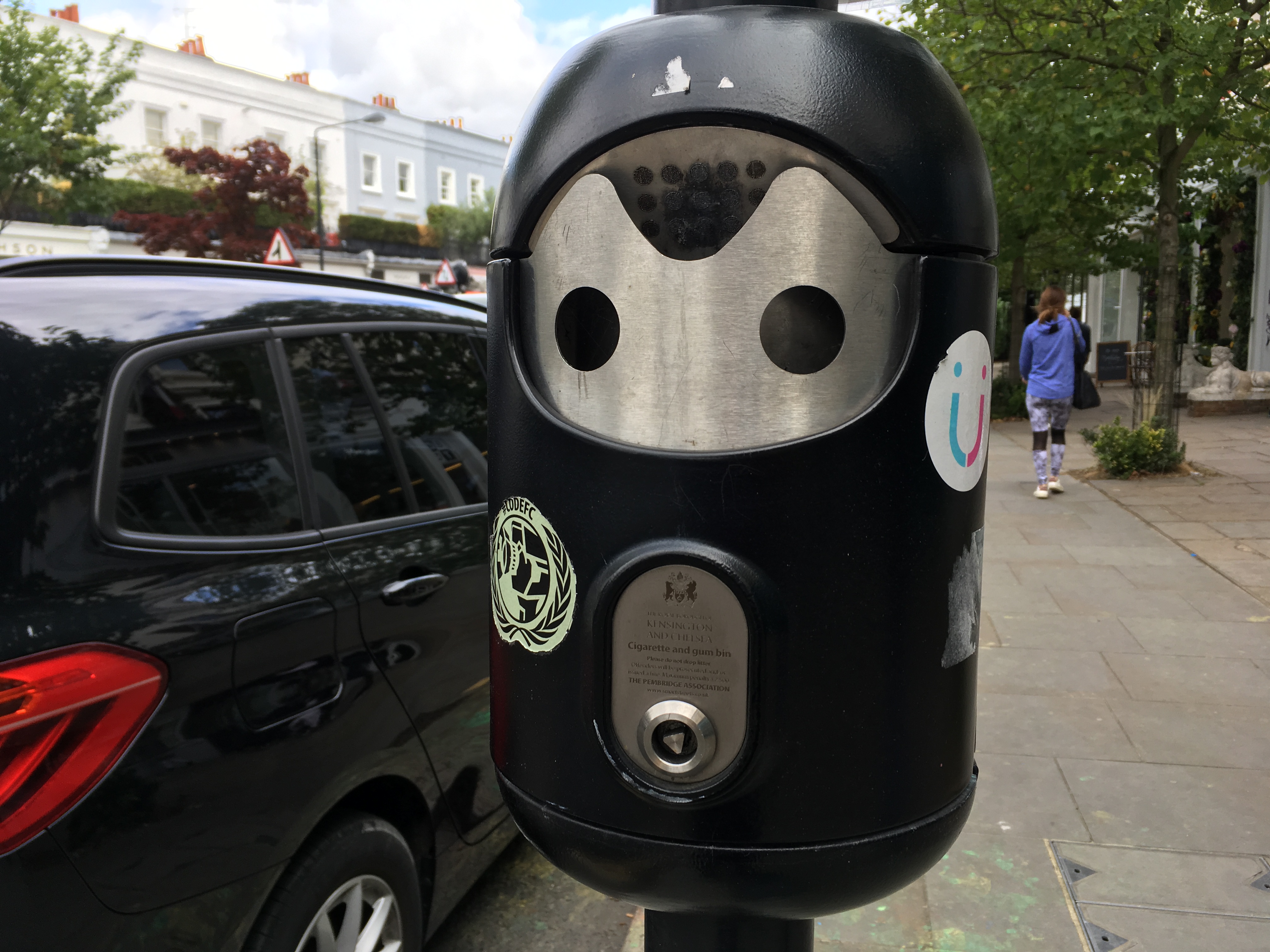
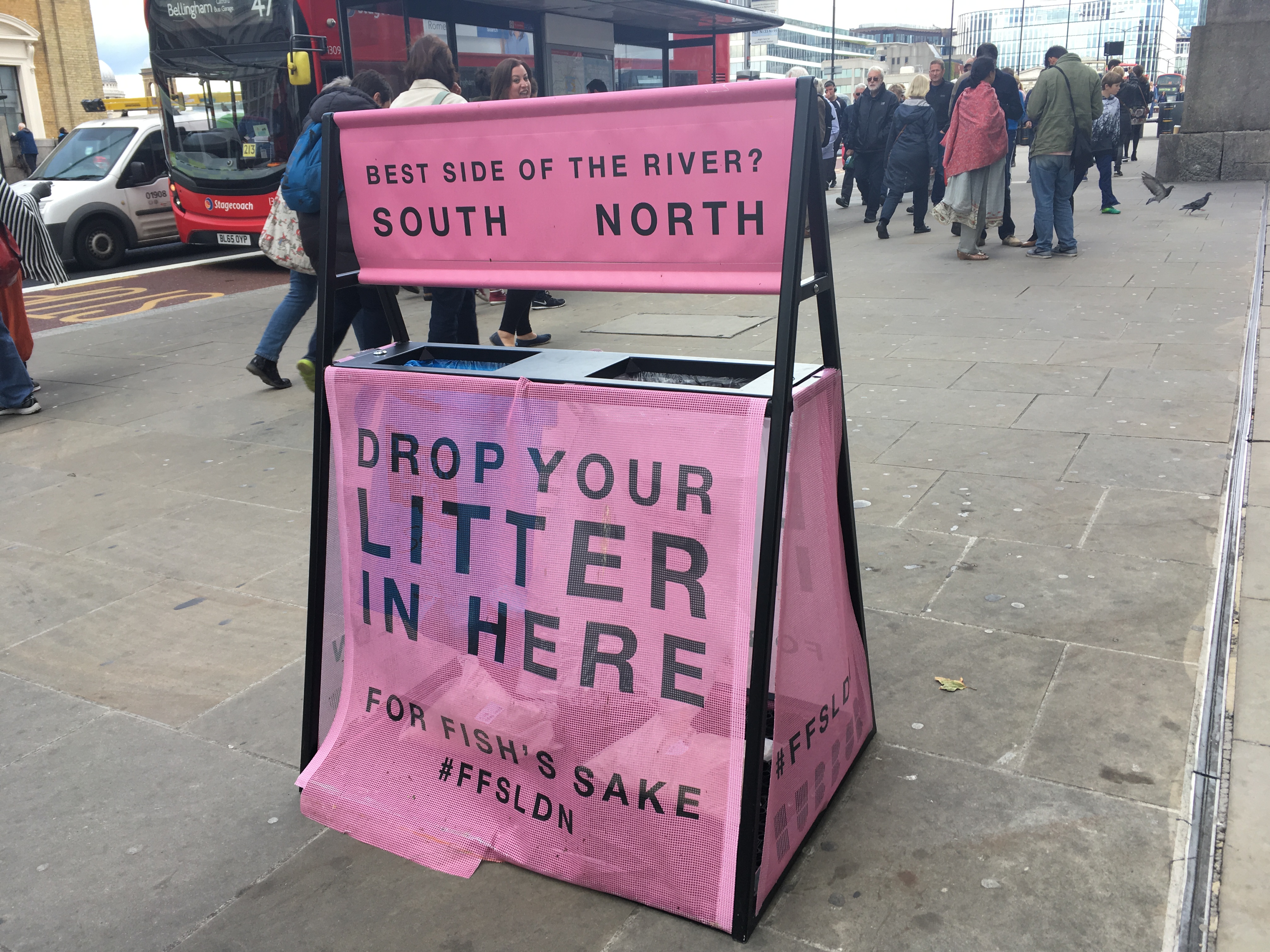

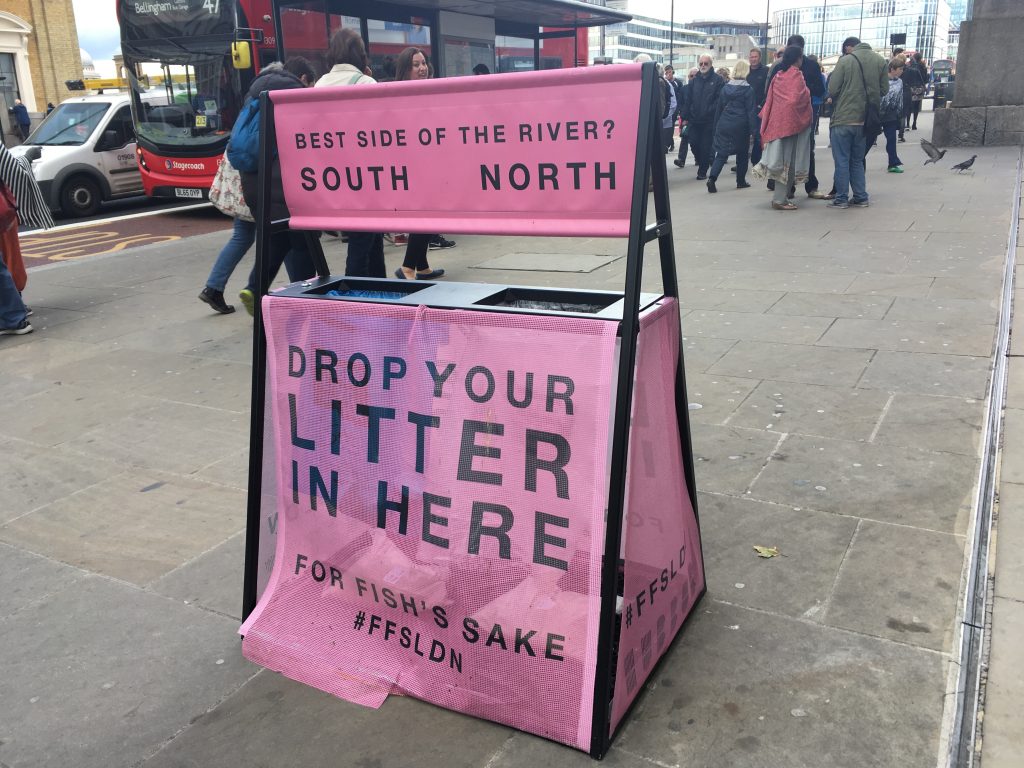
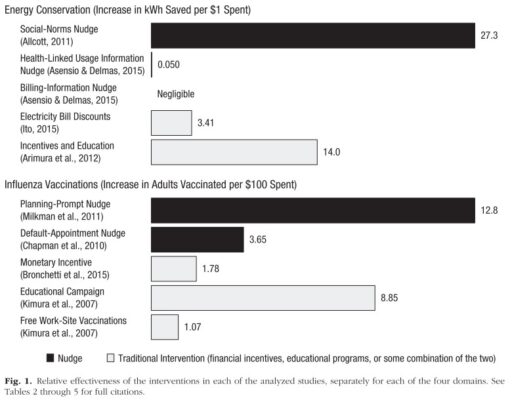
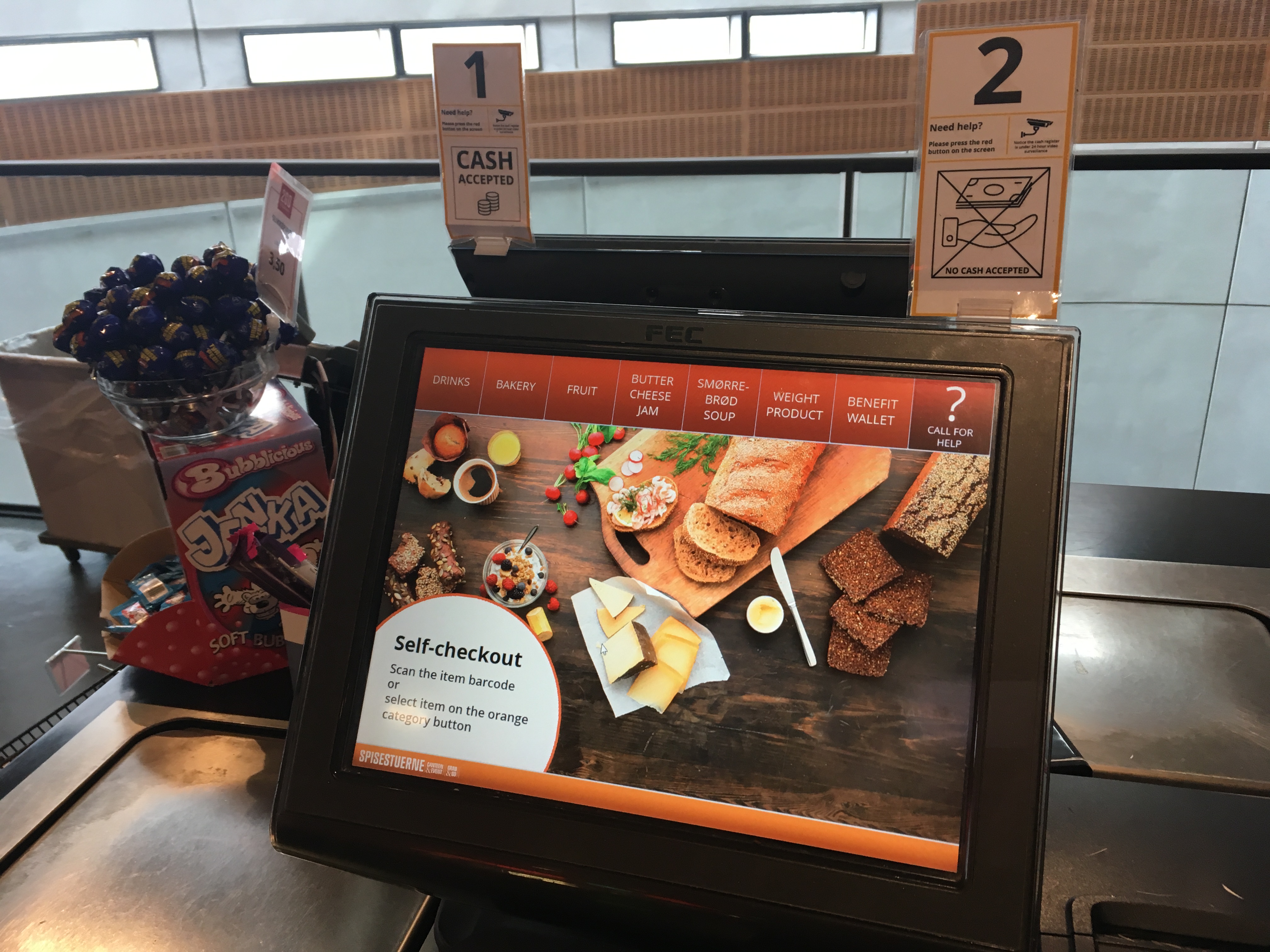

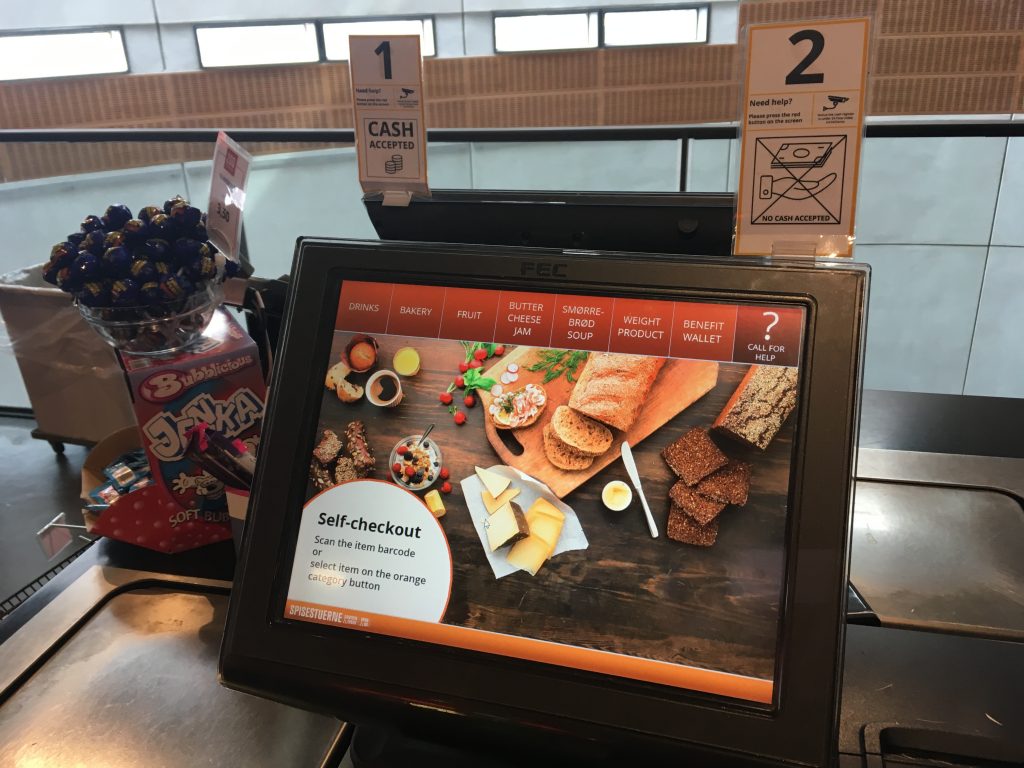
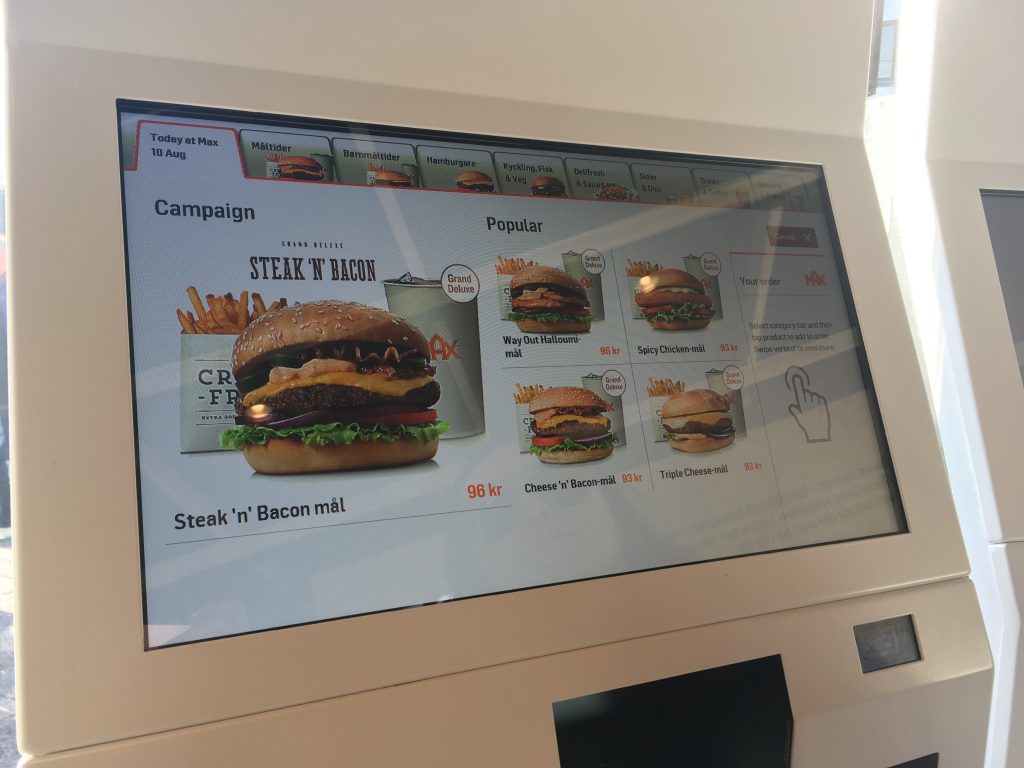
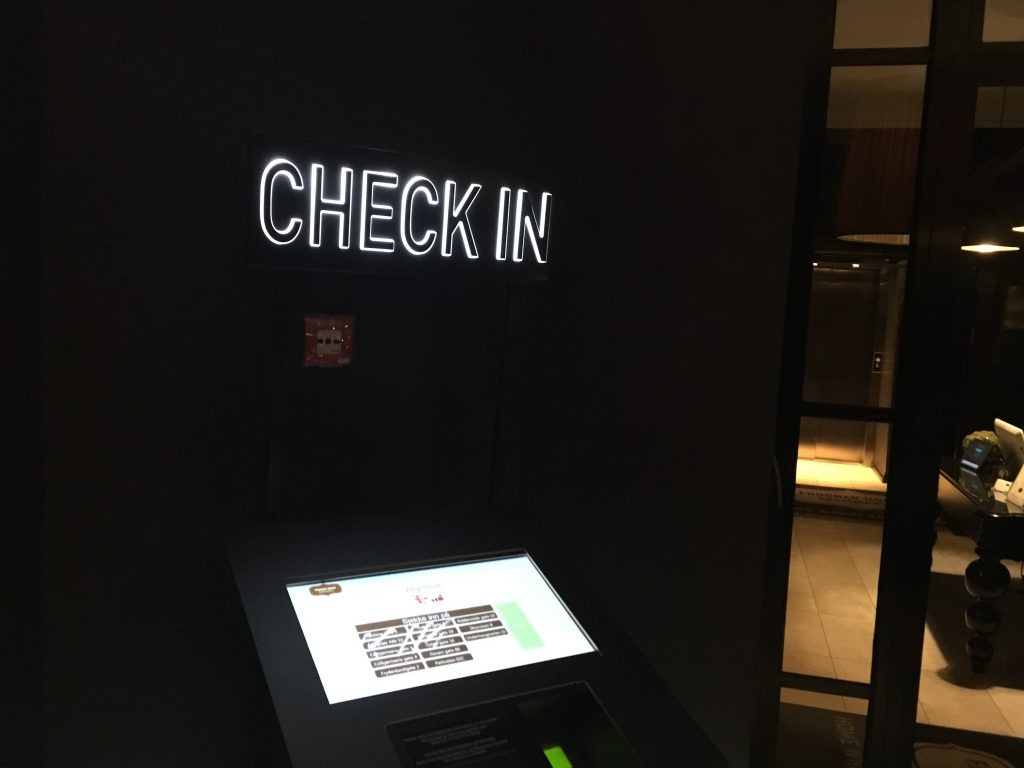
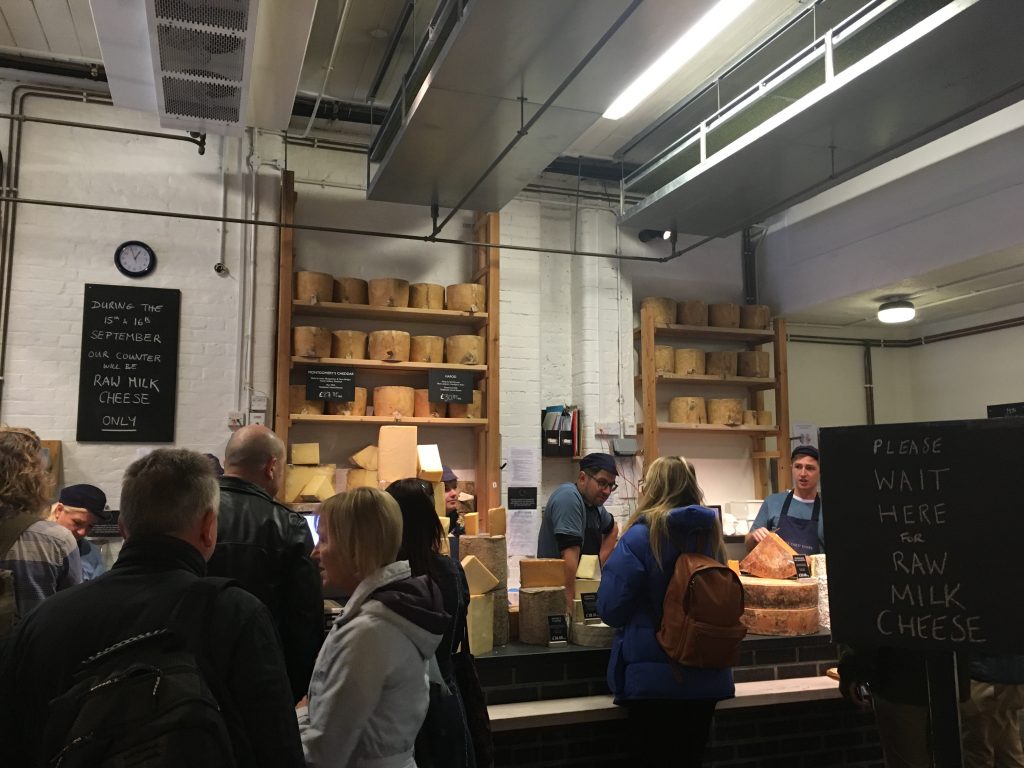
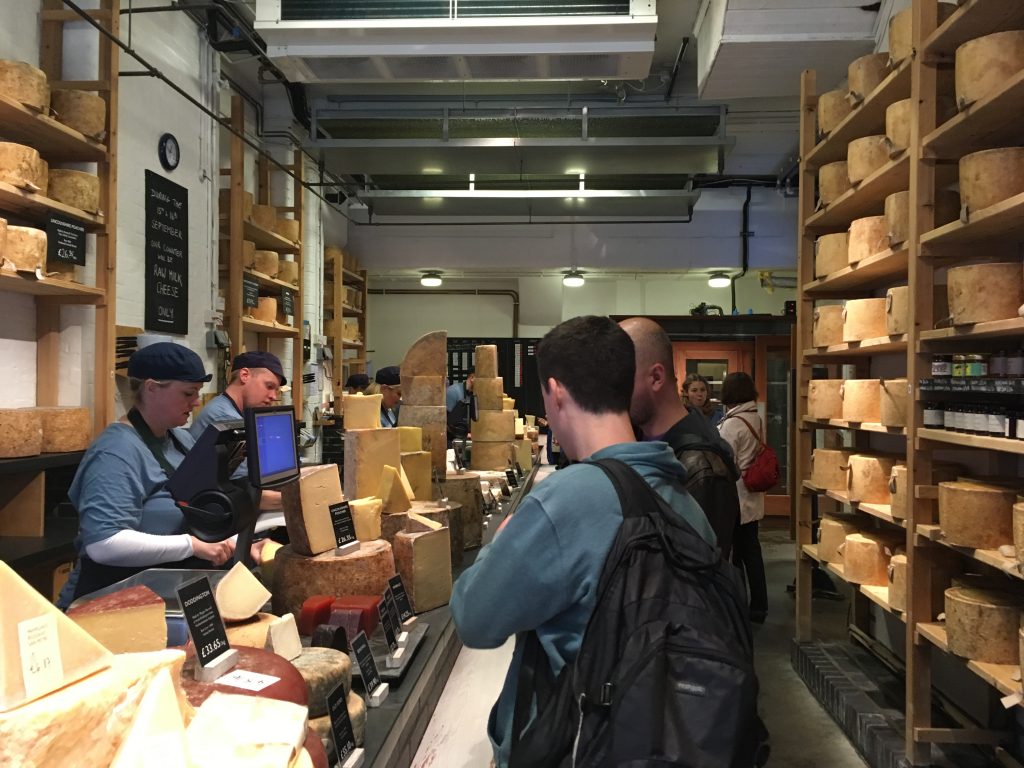

 Louis Kahn (1901-74) was one of the most influential architects of the twentieth century. With complex spatial compositions and a choreographic mastery of light, Kahn created buildings of archaic beauty and powerful universal symbolism. His work impacted many of his contemporaries and still serves today as a model and measure among architects, expecially those of the younger generation.
Louis Kahn (1901-74) was one of the most influential architects of the twentieth century. With complex spatial compositions and a choreographic mastery of light, Kahn created buildings of archaic beauty and powerful universal symbolism. His work impacted many of his contemporaries and still serves today as a model and measure among architects, expecially those of the younger generation.